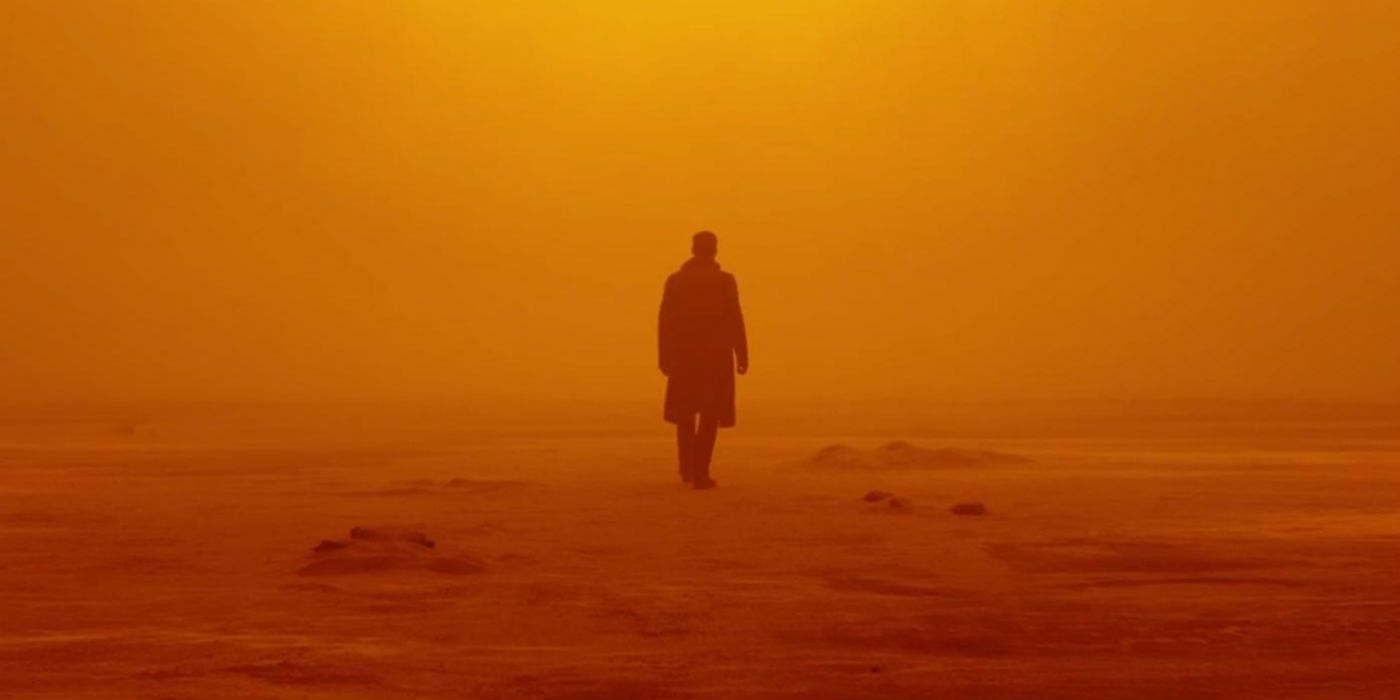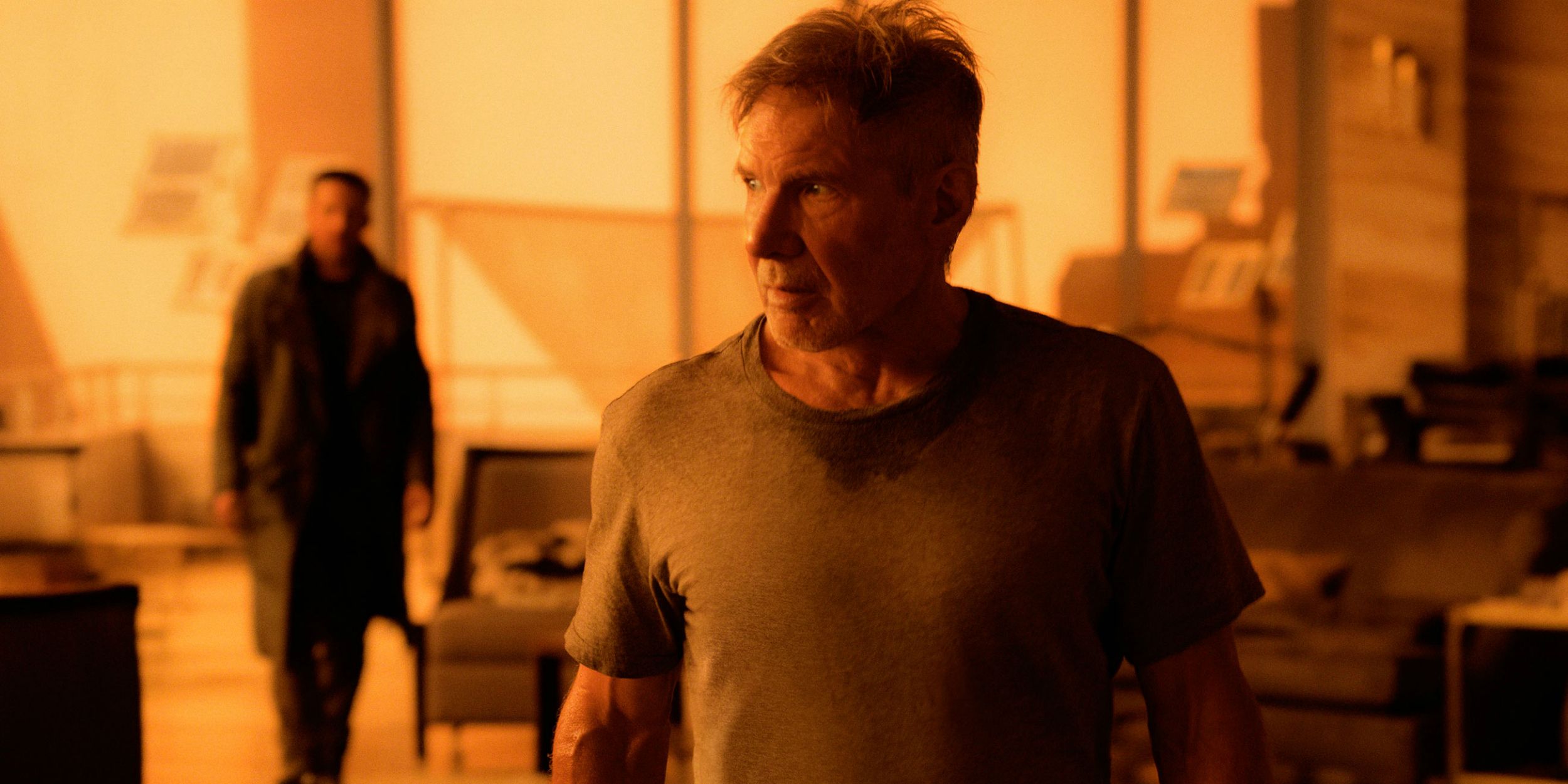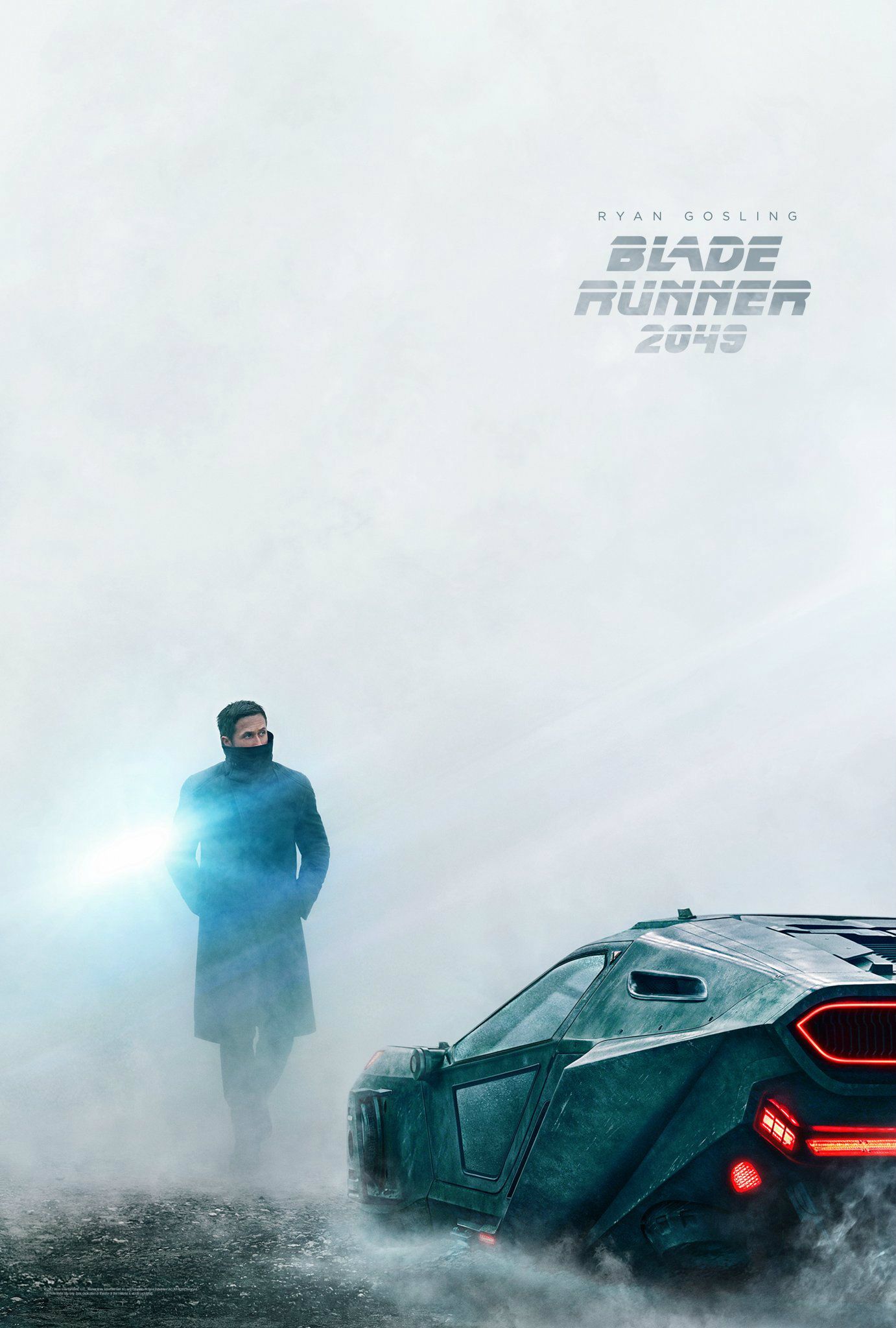Blade Runner 2049 director Denis Villeneuve has offered a defense of the film's ultra-secretive marketing campaign. Though the long-awaited sequel to Ridley Scott's sci-fi classic is a critical darling that earned widespread praise for everything from its production values to acting, it struggled at the box office in its opening weekend. Performing well below expectations, 2049 debuted with just $32.7 million, causing some to wonder what went wrong. The hope is Blade Runner has strong legs over the course of the month, but odds are it won't be the massive hit it needed to be to warrant the whopping $185 million production budget.
Some have suggested the promotional materials deserve a share of the blame for Blade Runner 2049 flopping, as the trailers and TV spots were vague almost to a fault. The actual plot of the movie was left under lock and key during advertising (which was done purposefully), selling audiences more on the moody atmosphere and the prospect of Ryan Gosling teaming up with Harrison Ford. While this strategy certainly worked in some circles, it may have prevented Blade Runner from breaking out with the mainstream. As far as Villeneuve is concerned, however, that's the way he prefers it.
In an interview with Vulture, the director opened up on his feelings about the poor box office showing and his "no spoilers" policy leading up to the film's release in theaters:
“As a filmmaker, I’m not arrogant... People put a lot of money in the movie to allow me to make something like Blade Runner. They trusted me, and they gave me a lot of freedom, and they are friends. So of course I want the movie to be a success at the end of the day. It’s a long journey, but I want them not to lose money.
“I liked the idea that you were supposed to learn it as the movie goes on... As a cinephile, one of my best experiences was when I was on a film festival jury. I had to watch 20 movies without knowing anything about them. You don’t know the genre, you don’t know the country, you don’t know the story. You don’t know if you’re about to look at a comedy or a horror movie!
“… people want to know too many things before. They should read about the movie after they see it, not before.”
In an age where certain trailers are essentially truncated versions of the film they're selling, it's nice to see Villeneuve was committed to preserving the moviegoing experience for Blade Runner's audience. While studies have shown exposure to spoilers can actually enhance one's enjoyment of a movie or television show, there's something special about getting to experience a project for the first time fresh, living vicariously through the main characters. In the movie, viewers learn information as the protagonists do, and that creates a feeling of emotional engagement. Instead of sitting and waiting for a specific sequence from a trailer, viewers become immersed in the world when previews hold things back. Additionally, twists maintain their intended element of surprise, which can add value to a finished film.
Fellow Harrison Ford legacy-quel Star Wars: The Force Awakens was noted for its highly-secretive marketing, and that ended up working just fine. However, Star Wars to Blade Runner is very much an apples-to-oranges comparison. Yes, both are iconic sci-fi/fantasy properties, but the former is designed for widespread appeal to all ages, while the former gained a cult following of film aficionados over a prolonged period of time. Star Wars is arguably the only franchise in Hollywood that can get away with advertising that cryptic due to its popularity. Blade Runner is beloved, but it's not nearly as accessible, so perhaps it would have been better served to reveal at least portions of the story without spoiling everything. One has to appreciate Villeneuve for sticking to his guns (and Warner Bros. for handling the film like this), but this may have cost 2049 a shot at box office gold.
MORE: Blade Runner 2049 Was Always Going To Bomb
Source: Vulture



